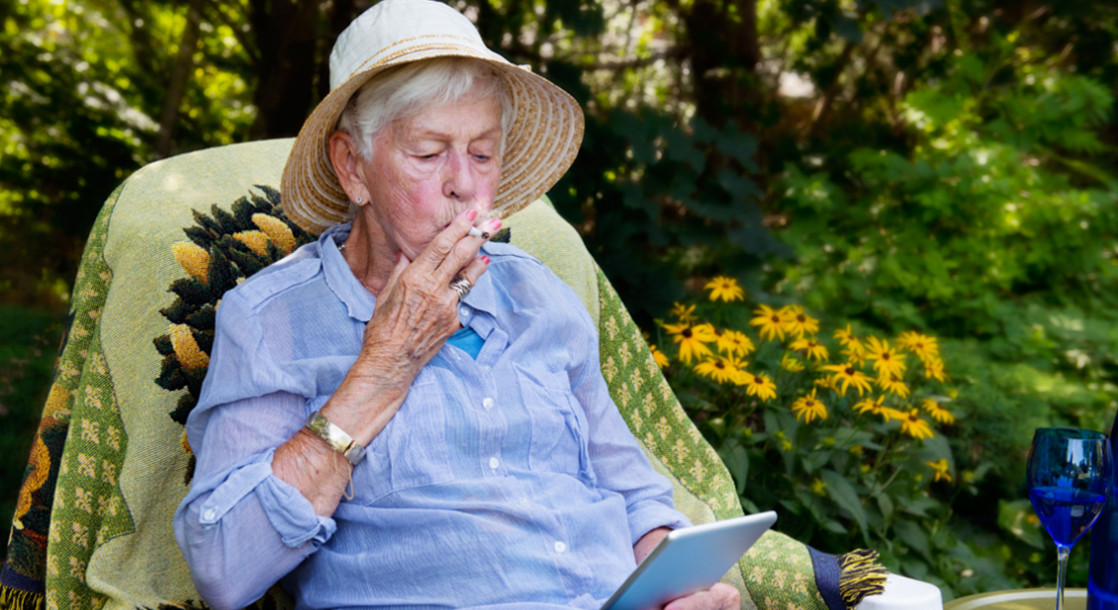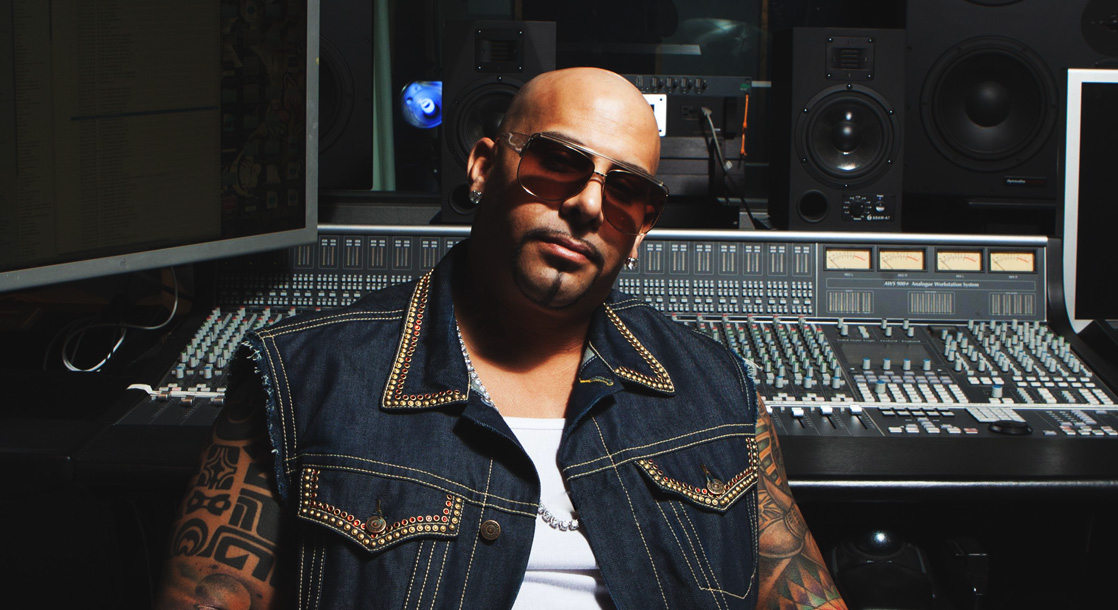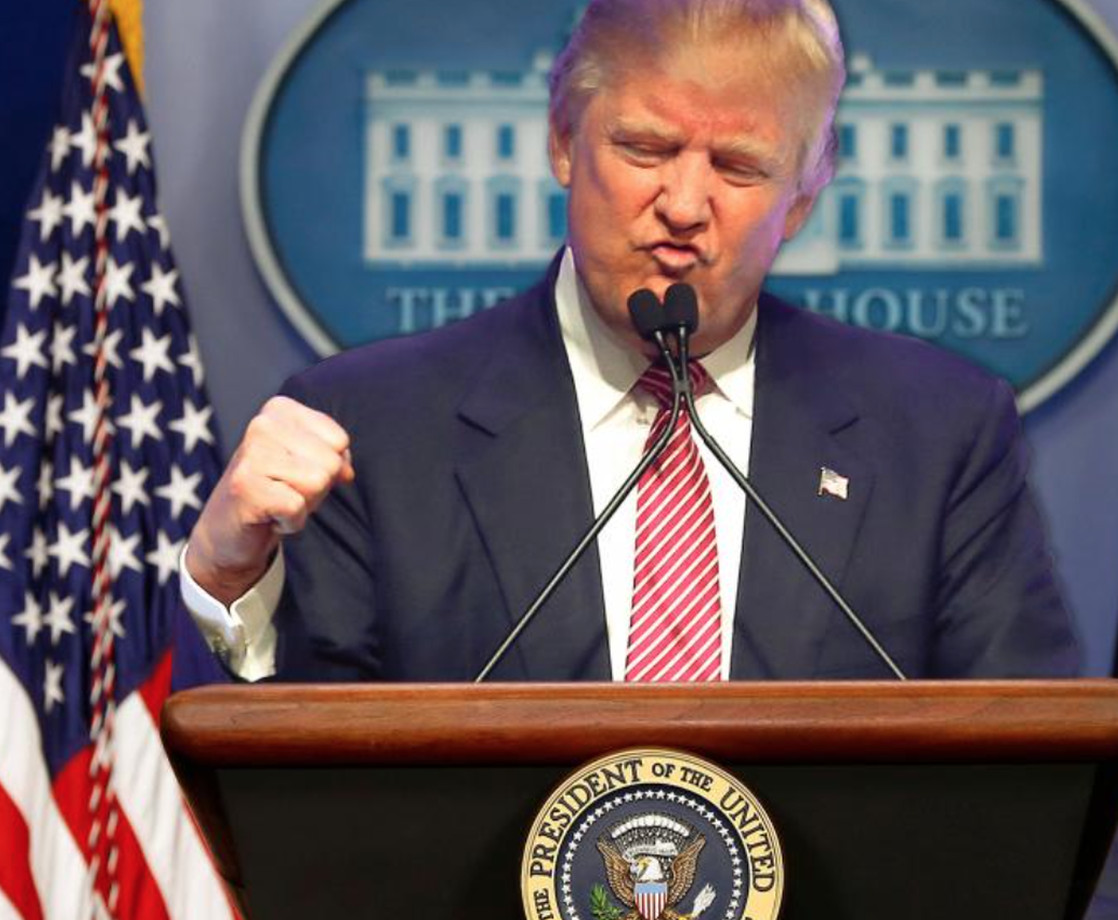Two recent surveys have found that support for legal cannabis continues to grow by leaps and bounds, even among older Americans who have traditionally opposed legalization. The first of these surveys, conducted by the Pew Research Center, found that 62% of Americans believe that recreational marijuana use should be completely legal — twice the number of respondents who answered similarly twenty years ago.
Support for legalization has steadily increased since Pew began surveying popular opinions on cannabis legalization back in 1969. At that time, only 12% of Americans were willing to voice their support for legal weed, while support rose to nearly 30% in 1980, only to collapse under the weight of anti-marijuana lobbying efforts like the “Just Say No” campaign. However from the 1990s to present, support has increased year after year, but the cause truly gained momentum after the turn of the century. Since 2000, the percentage of Americans supporting legalization has doubled from 31% to 62%.
“One of the greatest benchmarks of the success of legalization is the simple fact that public support for this policy change has only grown in the years since states began enacting it,” said NORML Deputy Director Paul Armentano in a statement. “The public has spoken and it is time for leaders in both parties to come together and amend federal law in a manner that comports with marijuana’s rapidly changing cultural and legal status.”
Broken down by demographic, Pew found that younger and more liberal respondents were more likely to show their support for pot. A strong majority of Democrats (69%) and liberal Independents (75%) said they supported legalization in this year's poll. Among Republicans, support for legalization is still a minority view, but increased to 45% this year from 39% in 2015. The current poll also found that 74% of Millennials, 63% of Generation X-ers, and 54% of Baby Boomers were pro-legalization, compared to only 39% of the Silent Generation — adults born between 1928 and 1945.
Although the poll found that older Americans were less likely to support legal weed than their younger compatriots, a second survey found that this generation is increasingly using pot themselves. A new study published in the Journal of the American Geriatrics Society surveyed residents of two ambulatory geriatric primary care clinics in Colorado and found that 32% of respondents admitted to using cannabis.
The researchers found that 16% of these individuals had used cannabis since Colorado legalized recreational use in 2012, with over half of these users aged 75 or older, and around a quarter 85 or older. 44% of these current users said that they were using pot to treat medical issues like chronic pain, depression, anxiety, and insomnia, but 67% said that they obtained their weed on the recreational market, rather than via a medical marijuana recommendation. Only 9 respondents reported suffering negative side effects from their cannabis use.
“To our knowledge, this is the first study to characterize marijuana use of older adults in a state in which it is legal for medical and recreational use,” the researchers concluded. “Marijuana was used for several common geriatric conditions, and respondents reported few side effects. The small number of survey respondents, the lack of generalizability in states where marijuana sales are illegal, and participation bias were the main study limitations. Further research is needed to better understand useful or harmful effects in this population.”
Although older Americans are traditionally less likely to support legal cannabis reform, Armentano said he was not surprised to see this generation exploring cannabis use. “This is a population that, in many cases, had firsthand experience with cannabis during their young adulthood, and have now returned to cannabis in older age,” he remarked. “Seniors are turning to cannabis as a potential option to provide symptomatic relief while potentially avoiding the dramatic side-effects associated with other medications and improving their quality of life.”











